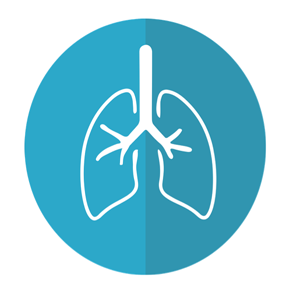Artemisinin-based combination therapy amongst medical students in the University of Benin, South-South Nigeria: A cross-sectional study

Accepted: 4 August 2022
All claims expressed in this article are solely those of the authors and do not necessarily represent those of their affiliated organizations, or those of the publisher, the editors and the reviewers. Any product that may be evaluated in this article or claim that may be made by its manufacturer is not guaranteed or endorsed by the publisher.
Authors
Since 2005, the recommended first-line therapy for uncomplicated malaria in Nigeria has been Artemisinin-based Combination Therapy (ACT). Previous research indicates that these therapies are widely accepted by health care providers and other end users. Nonetheless, few studies have examined the preferences of clinical students who will be future prescribers of these medications. This was a descriptive cross-sectional survey of medical students undergoing clinical placements at the University of Benin Teaching Hospital in Benin City, Edo State, South-South Nigeria, to assess ACT preferences, tolerability, and cost considerations. Consenting clinical medical students who were recruited sequentially were given a semi-structured questionnaire. The questionnaire collected information about the students’ demographics, previous episodes of malaria symptoms, diagnosis, and treatment. Their preferred antimalarial, tolerability to ACTs, and ACT cost. The information was presented descriptively. There were 475 registered clinical students, but only 416 agreed to participate in the survey, yielding an 87.6% response rate. The students’ mean (standard deviation) age was 24.3 (3.8) years, with a male preponderance of 250 (60.1%). The majority, 154 (37.0%), were in the 600 level, while the 500 and 400 levels were 130 (31.3%) and 132 (31.7%), respectively. The majority of students, 272 (65.5%), treated malaria presumptively, and the majority of students, 344 (82.7%), had treated one to five episodes of malaria in the previous 12 months. The ACTs were known to nearly all of the final year clinical students (97.4%). The majority, 289 (69.5%), had no adverse drug reactions with the ACTs. Among those who experienced adverse drug reactions, 23 (39.7%) discontinued their medication, while 2 (3.4%) required hospitalization. The mean cost of the ACT was ₦1263.4 (SD ± 529.6) (₦=Naira) (3.0 USD), with a range of ₦ 300- ₦3000 (0.72- 7.2 USD). This study demonstrates a high level of acceptance for ACTs, particularly artemether-lumefantrine. However, the adverse effects of ACTs, particularly other recommended ACTs, must be evaluated on a regular basis because they may have an impact on their continued use.
How to Cite
PAGEPress has chosen to apply the Creative Commons Attribution NonCommercial 4.0 International License (CC BY-NC 4.0) to all manuscripts to be published.

 https://doi.org/10.4081/acbr.2022.209
https://doi.org/10.4081/acbr.2022.209



